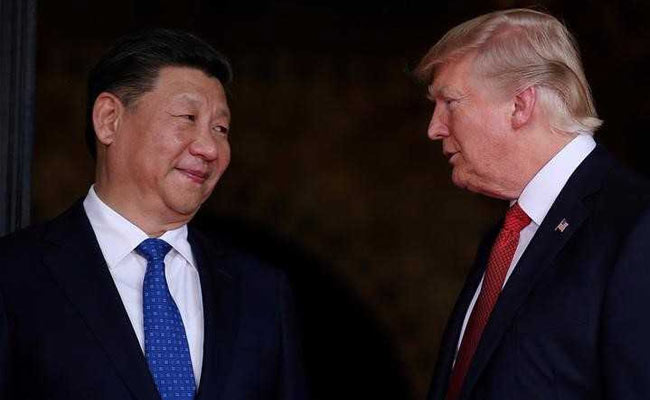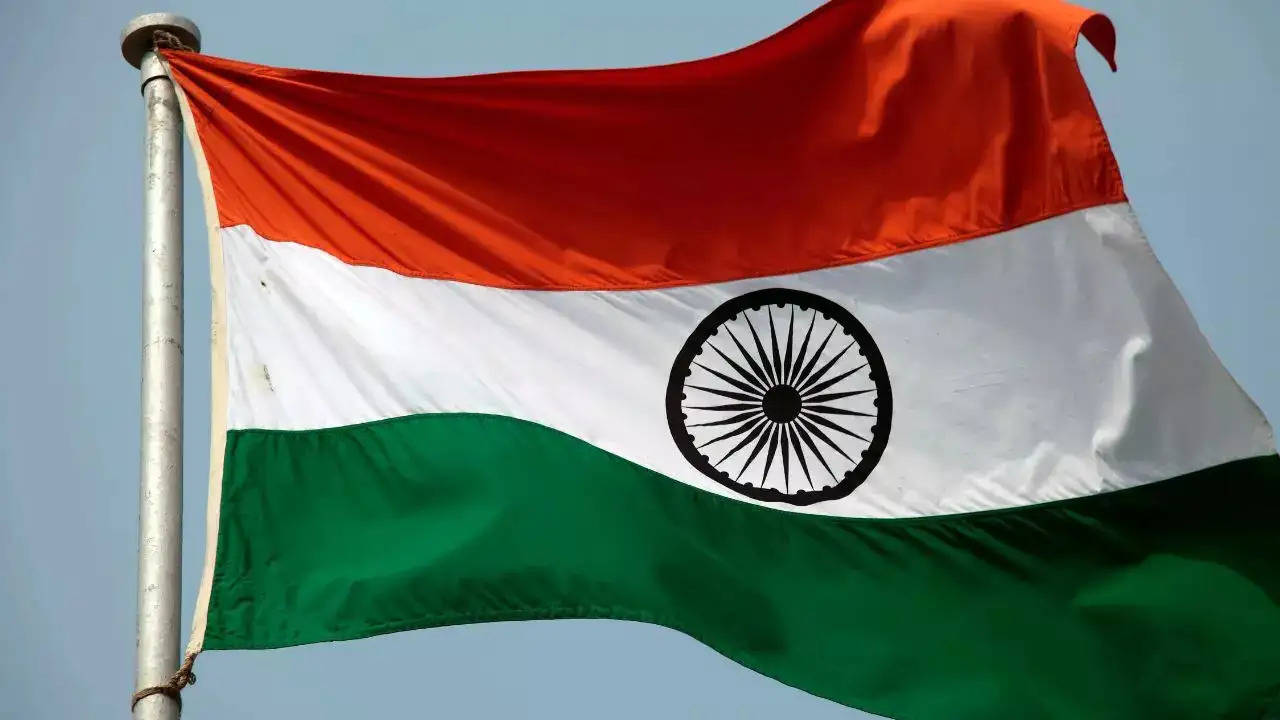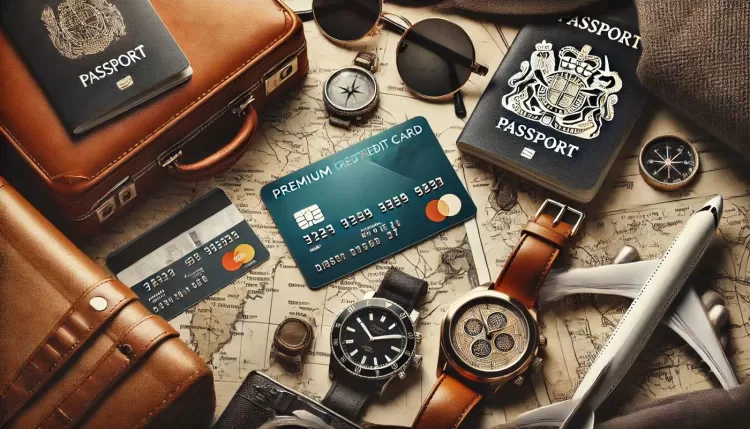From war zones to disaster-hit regions, WhatsApp is the world’s lifeline

Join our WhatsApp Community to receive travel deals, free stays, and special offers!
- Join Now -
Join our WhatsApp Community to receive travel deals, free stays, and special offers!
- Join Now -

This article was originally published in Rest of World, which covers technology’s impact outside the West.
This is the last of a three-part series. Read the first and the second parts.
Fidaa Maksour, a dispatcher with the White Helmets, a volunteer organisation that operates largely in the war-torn northwestern region of Syria, was on duty in the early morning hours of February 6, 2023, when the ground began to shake. It was a 7.8-magnitude earthquake, one of the strongest ever to hit the border region between Syria and Turkey
Calls started pouring into the operation room’s emergency WhatsApp lines soon after. There were “many people under the rubble, many people under collapsed buildings”, Maksour told Rest of World. In Syria alone, the earthquake and its aftershocks destroyed an estimated 10,000 buildings and killed more than 5,500 people.
By that time, Syria had already suffered through more than a decade of civil war. Government bombardments had destroyed much of the opposition-controlled northwestern region. Residents couldn’t call for help through regular emergency numbers. So instead, in times of crisis, they turn to the WhatsApp-based emergency response system set up by the White Helmets, who are often the only first responders available.
Maksour fielded the WhatsApp calls as best he could, relaying information between ambulances ferrying victims to overwhelmed hospitals...
What's Your Reaction?
 Like
0
Like
0
 Dislike
0
Dislike
0
 Love
0
Love
0
 Funny
0
Funny
0
 Angry
0
Angry
0
 Sad
0
Sad
0
 Wow
0
Wow
0



















































